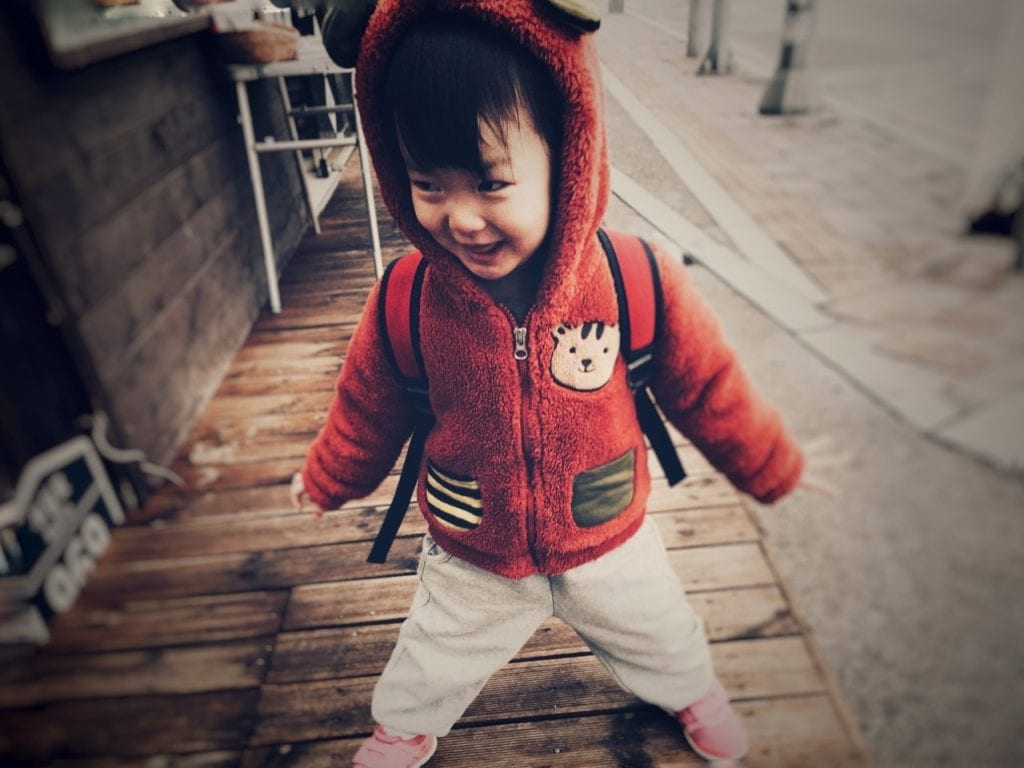Independent kids form a strong belief in their own capabilities. They know through experience that they can do things for themselves. This is an empowering paradigm. If children figure this out early on, then they will reap a lifetime of rewards.
An independent child manifests positive qualities such as:
- Being internally driven. They find their own reasons for doing things. This may start as hobbies and activities but later turns to goals and life choices.
- Stability and self-satisfaction. Their happiness and self-worth come from within. They are not dependent on praise or acknowledgment from others.
- Decision making. Independent children have had the chance to do things for themselves. They learn by their mistakes and come to understand the consequences of their own actions. This helps them to make wise decisions.
Here are 4 actionable parenting tips to nurture your child’s inner confidence and independence:
1) Create a “yes” space
Initially, a newborn baby is fully dependent on his primary caregiver (usually, mom). Soon, though, his attention turns to his own body and the world around him. He works hard to master his little hands and limbs. Then he grabs, touches and tastes just about any object he can get to. This is the first manifestation of his natural independence. Our job as parents is simply to get out of his way; to not to impede his exploration.
But wait:
This is easier said than done! When my first child began to crawl, all I seemed to do was run around after her shouting “no”. Whether it was climbing on a glass coffee table or playing with an electrical socket, there was always some hazard that I needed to physically remove her from.
The solution is a “yes” space. This is a room or large space (not a playpen) which is safely secured with a baby gate. Within this space, all hazards are meticulously removed. The aim is to create an environment in which you can leave your child to roam completely freely and safely. There will be no need for you to intervene or restrain him. The result is that he will be able to ‘get into the zone’ and will develop the ability to play contentedly by himself without constant input from parents. This is a powerful first step in independence.
2) Make time and space so they can do it themselves
Toddlers have an innate desire to do things for themselves, e.g, eat, dress, brush teeth. The difficulty as parents allowing them space and time to give it a go. Speaking from my own experience, we parents are often exhausted and/or in a rush. It’s usually far quicker and easier to throw on your toddler’s coat than standing-by as they attempt to do it themselves.
Here’s the thing:
If we do things for them just because it’s convenient for us, then we are actually taking away important opportunities for our kids to learn skills and develop the confidence to do it for themselves. The most effective way to nurture independence in our kids is to allow an extra 10 minutes here and there for them to fumble with laces, use the wrong buttonholes, put shoes on the wrong feet, and eventually… do it effectively and with confidence all by themselves.
3) Get them to help with chores
I’m not advocating a military-style boot camp where children are forced to wash the floors before they get any dinner. Nope. The essence of nurturing independence is providing opportunities and trust so that children can get involved. Catch them early enough and they love it. They don’t see chores as work; to them, it’s play.
Of course, many chores are not suitable, but if you think through it, you’ll find they can help with most. Plan ahead and try to involve your little one in as many chores as you can. Helping with chores – especially ones with a definite sense of completion – gives them a sense of achievement and satisfaction. They will also develop a sense of logical consequences, eg, we get our clothes dirty, we need to wash them and dry them. All of this contributes to children blossoming into capable individuals and respectful team players.
4) Don’t always jump to the rescue
Of course, if your child is in danger, immediately intervene to make them safe. The type of rescuing we’re talking about is unnecessary rescuing. For example, helping your toddler out just because he is getting frustrated or finding something a challenge.
Young children constantly live beyond their comfort zone. They are always pushing their minds and bodies to acquire new abilities and skills. No wonder they get frustrated at times. When this happens they may well scream or bang their fists. Don’t take this an alarm or assume they pleading for help. Stay close, observe and be connected with them. Offer them encouragement but also give them space. Don’t swoop in and automatically fix their problem. This may take away their opportunity to grow and learn. Often, children will get frustrated but then go on to solve their own problem or at least practice several more times before the truly give up and ask for help.
Wrapping up
Children have a natural desire to be independent and do things for themselves. We don’t need to force or create this. To nurture these innate qualities, we often just need trust in our children’s abilities and give them opportunities to do things for themselves. It takes patience but is well worth it. When kids learn early on that they are both capable and trusted, then grow into confident, responsible and helpful individuals.
Neve blogs with her husband, Keane, at WeTheParents. She empowers moms whilst he has a blast reviewing kids scooters (please, someone remind him he’s a grown up!)











